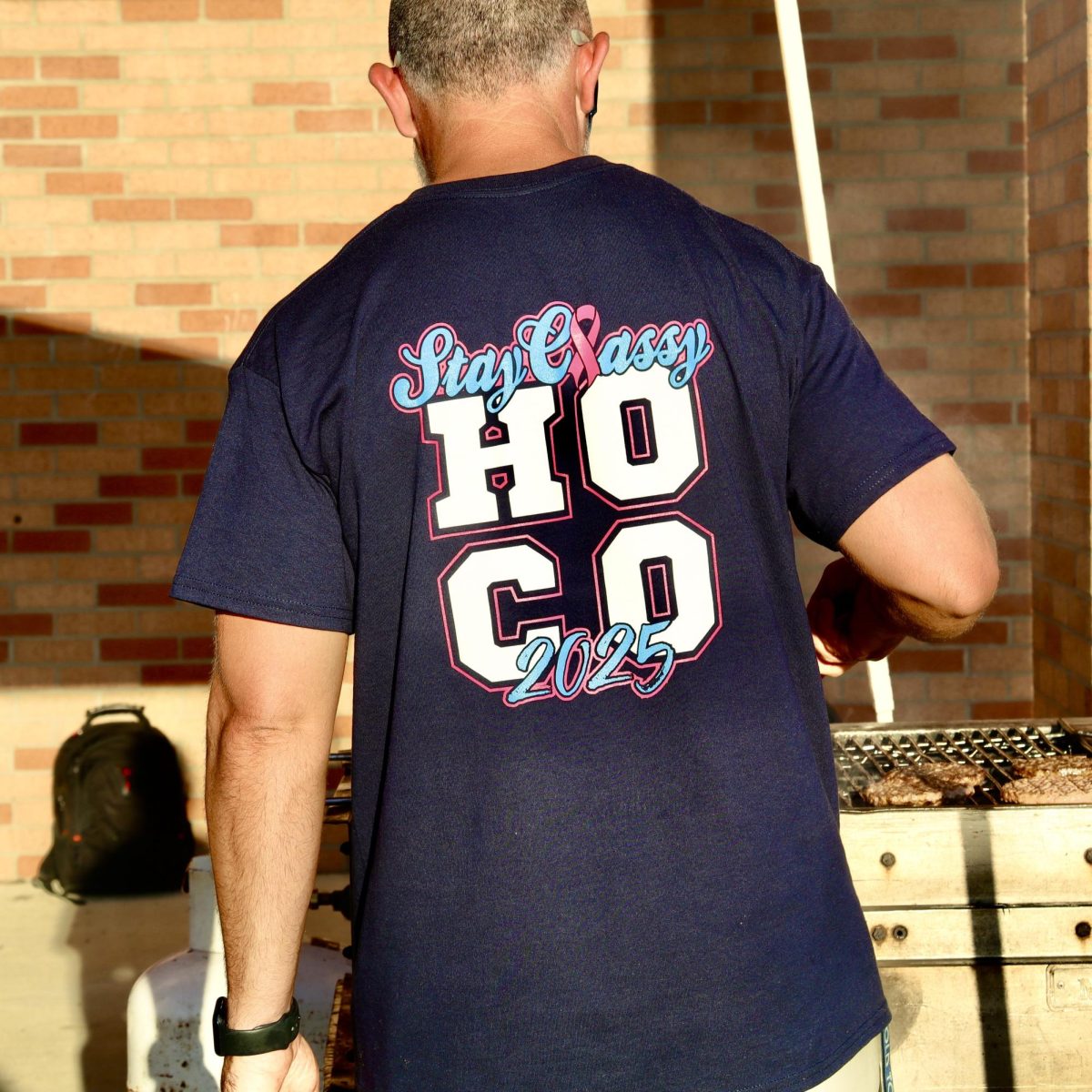“Go [our] own way” – Fleetwood Mac

(Martin Luther’s 95 theses)
Within the 16th century, dis-illusion with Catholicism reached an all-time high throughout Europe. Many people were angered with the strengthening of the Roman Catholic Church (RCC), in addition to the massive influence the Pope had over politics abroad. In addition, the public became angered over the massive wealth the Church had acquired. The public believed the RCC became more of a business than a religious organization.
This belief was due to the sale of indulgences by the RCC; indulgences were the sale of forgiveness or the lessened effect of sins in exchange for money. Basically, the RCC took money in exchange for forgiveness. The rich could commit as many sins as they want, but avoid excommunication by paying the Church. Excommunication is the act of removing one from the Church.
There were many reformers that came before Martin Luther’s posting of the 95 theses; despite their efforts, none were as effective in driving the movement as Martin Luther. Some that came before him were St. Francis of Assisi, John Wycliffe, Erasmus of Rotterdam, etc.. Who was Martin Luther? Martin Luther was a protestor within the RCC, like the reformers who came before him; however, he criticized the change in methods of salvation promoted by the church. Others just plainly attacked the corruption in the church; they did not get to the spiritual problem like Luther did.
Martin Luther’s most memorable act was the posting of the 95 theses. This was the posting of 95 examples of the RCC’s wrongdoing on a Catholic Church door in Wittenburg, Germany. These reasons detailed the misdirection in the church in the methods of salvation; he wrote how the Pope should have no influence in who gets saved and how. Luther wanted to be an internal reformer and change from within; he was able to have influence since he was a pastor. His wish was not granted, as in 1521, he was excommunicated from the RCC due to his protesting. He now had a form of Protestantism called Lutheranism. Luther’s other big belief, other than the harm of indulgences, was how different regions should rule based on the religion of the citizens. Another form of Protestantism, similar to Lutheranism, is Calvinism, started by John Calvin, who converted his beliefs to the reform movement. His ideology was a more law-based religion than Lutheranism, but also had the belief in the rule of land by religion, like in Lutheranism. In Germany, other reformation movements gained popularity almost immediately after Luther’s excommunication: these were the Mennonites, Anabaptists, and Hutterites. These groups experienced mass persecution but survived into the 21st century.
During the 1500s, reformers spread throughout Europe, and by the end of the century, most of Northern Europe was Lutheran. Catholics were still the majority in Spain and Italy despite efforts from Protestant reformers. Many different forms of Protestantism were founded in Eastern Europe due to the weak monarchies and strong reformation movements. These were typically more radical than Lutheranism and Calvinism.
King Henry VIII of England was the catalyst for Protestantism in Great Britain. He wanted to divorce one of his wives, but the Pope denied. That led to the exodus of Henry VIII and the beginning of the Anglican Church in England. The Scots created the Presbyterian denomination of Protestantism, which had many similarities to Calvinism.
The Protestant Reformation was what historians note as the start of the modern age for Britain and Germany. They rid themselves of monarchs in a short time, and they embedded elements of democracy that are seen in the countries today. It is also noted by historians that the development of capitalism came from the Protestant work ethic; this was the belief that people should always be working and “distracting” themselves from the devil. In addition, capitalism is also the belief in individualism and not community, which is believed to be the catalyst for the secular Western society we live in currently, as the government promotes capitalism. The Protestant work ethic is where the phrase of the Puritans came: “Idle hands are the devil’s work.” Many modern political elements also arose during the Protestant Reformation: the belief in freedom of religion, political democracy, and individual dignity.
Sources used:

















































